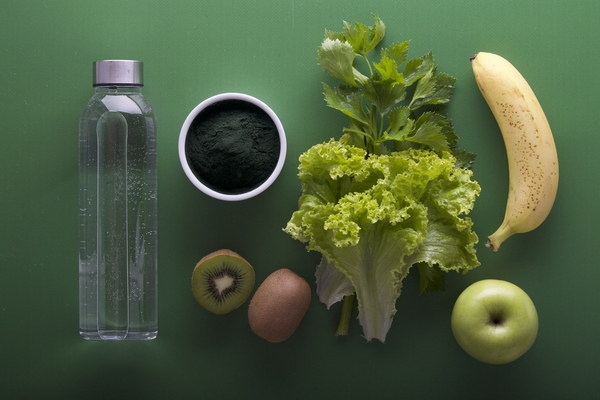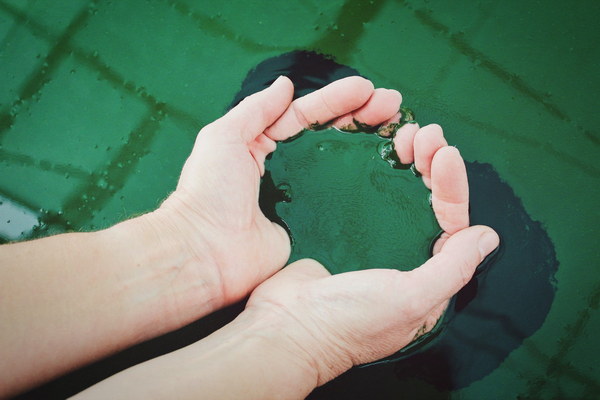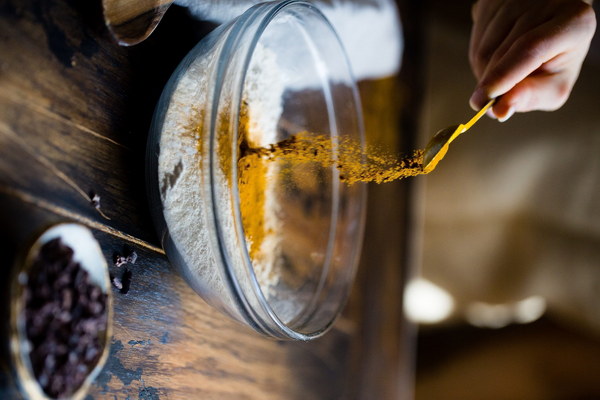Orchid Care Unveiling the LiverBoosting Benefits of Phalaenopsis
In the realm of horticulture, the Phalaenopsis orchid, commonly known as the moth orchid, has garnered worldwide acclaim for its breathtaking beauty. Beyond its visual allure, this exotic plant is believed to offer a range of health benefits, including liver care and protection. In this article, we will explore how to cultivate Phalaenopsis orchids to enhance liver health and well-being.
1. Understanding the Phalaenopsis Orchid
The Phalaenopsis orchid is native to tropical Asia, Australia, and New Guinea. It thrives in warm, humid conditions and requires minimal care to flourish. With its lush foliage and vibrant blooms, this plant has become a favorite among orchid enthusiasts and novices alike.
1.1. Benefits of Phalaenopsis for Liver Health
The Phalaenopsis orchid is believed to possess liver-boosting properties, thanks to its high content of antioxidants and essential nutrients. These compounds help to protect the liver from oxidative stress and reduce the risk of liver diseases.
1.2. How Phalaenopsis Aids Liver Function
The liver plays a vital role in detoxifying the body by filtering out harmful substances. By nurturing the Phalaenopsis orchid, you can indirectly contribute to maintaining optimal liver function. Here's how:
- Antioxidants: The plant's antioxidants combat free radicals, which can damage liver cells and lead to liver diseases.
- Detoxification: The orchid's root system helps to purify the soil, which can enhance the liver's ability to detoxify the body.
- Nutrients: The orchid absorbs essential nutrients from the soil, which are then transferred to its leaves and flowers, promoting overall liver health.
2. Cultivating Phalaenopsis Orchids for Liver Health
To harness the liver-boosting benefits of Phalaenopsis orchids, it is essential to cultivate them properly. Here are some tips to ensure your orchid thrives:
2.1. Lighting
Phalaenopsis orchids thrive in bright, indirect light. Direct sunlight can scorch the leaves, so place your plant in a location where it receives filtered light, such as near a window with sheer curtains or a glass door.
2.2. Humidity
These orchids prefer high humidity levels, ideally between 55% and 75%. To maintain optimal humidity, you can use a humidifier, place the orchid on a water-filled saucer with pebbles, or mist the leaves regularly.
2.3. Temperature

Phalaenopsis orchids prefer warm temperatures, ideally between 65°F and 80°F (18°C and 27°C). Avoid placing your plant near heating or cooling vents, as extreme temperature fluctuations can stress the orchid.
2.4. Watering
Water your Phalaenopsis orchid when the top inch of soil feels dry to the touch. Overwatering can lead to root rot, while under-watering can stress the plant. When watering, ensure that the pot is well-draining to prevent waterlogging.
2.5. Fertilization
Feed your orchid with a balanced orchid fertilizer every two weeks during the growing season (spring and summer) and once a month during the dormant season (fall and winter). Be sure to follow the manufacturer's instructions for the correct dosage.
2.6. Pruning
Regular pruning of your orchid's leaves and stems can help maintain its shape and promote healthy growth. Remove any dead or damaged foliage to prevent the spread of disease.
3. Incorporating Phalaenopsis Orchids into Your Home
The Phalaenopsis orchid is not only beneficial for liver health but also adds an elegant touch to any living space. Here are some ideas for incorporating this exotic plant into your home:
- Place the orchid on a console table or a sideboard in the living room.
- Display it on a windowsill or a shelf in the bedroom to promote relaxation.
- Use it as a centerpiece on a dining table or a coffee table.
In conclusion, the Phalaenopsis orchid is more than just a stunning addition to your home; it is a liver-boosting plant that can contribute to your overall well-being. By following these cultivation tips, you can nurture your orchid and enjoy its beauty while promoting liver health.









